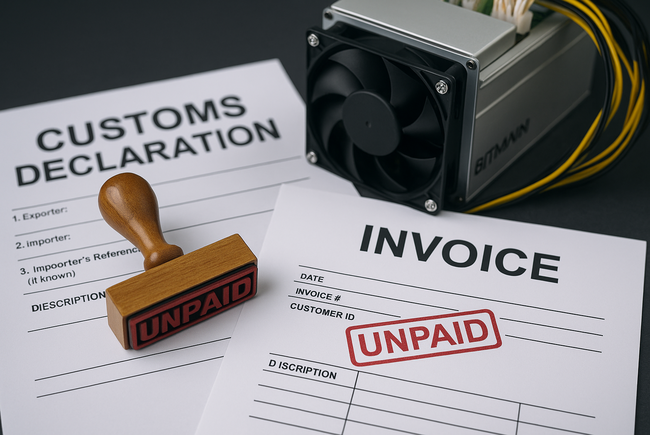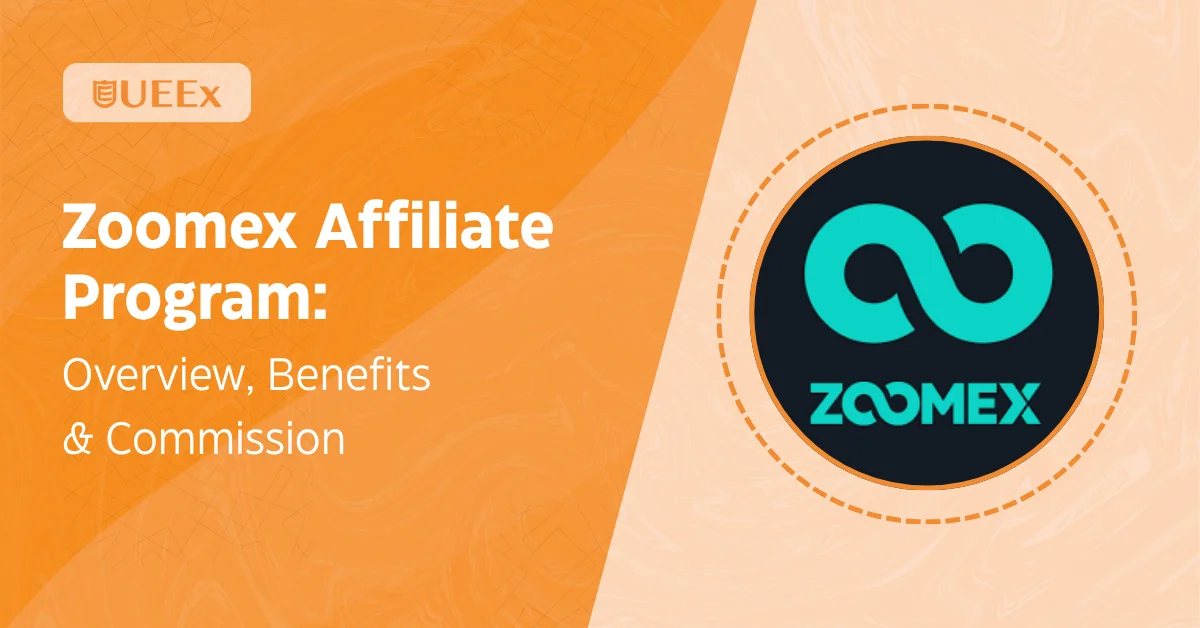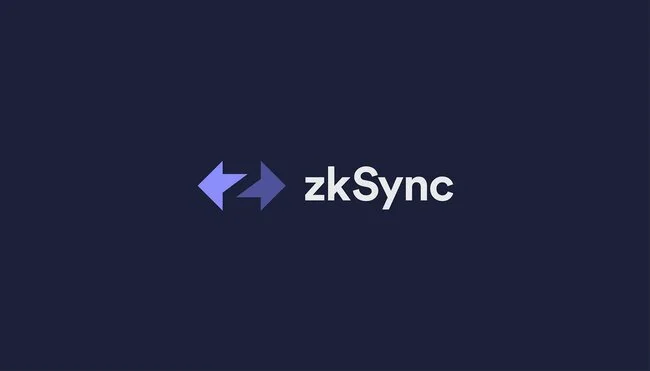Bitcoin miner CleanSpark Inc. said U.S. Customs and Border Protection has alleged that certain mining rigs it imported in 2024 were manufactured in China and could be subject to punitive tariffs, a claim the company disputes.
In a quarterly filing, CleanSpark disclosed receiving invoices from CBP beginning May 27, asserting Chinese-origin duties on machines imported between April and June 2024. The company said it exclusively operated Bitmain’s Antminer rigs during that period. If duties are applied retroactively to all affected imports from April 2024 onward, CleanSpark estimates potential exposure of about $185 million, excluding interest.
The company maintains that its import documentation and supplier assurances show the machines came from outside China, in accordance with purchase agreements. CleanSpark said it has not recorded a provision for the potential charges, citing that a cash outflow is not considered probable as of June 30.
Broader Industry Scrutiny
CleanSpark is not the only publicly traded miner under review by CBP. Earlier this year, Australia-based IREN disclosed a similar dispute, with potential liability of about $100 million tied to imports between April 2024 and February 2025. CBP alleges those machines also originated in China.
Both companies are contesting the agency’s findings and defending against enforcement actions. Neither has acknowledged wrongdoing, and both argue the evidence supports their stated countries of origin.
The two cases share overlapping timelines, suggesting a coordinated review by U.S. customs authorities. The agency has increased enforcement of trade restrictions targeting Chinese-made goods, particularly technology and industrial equipment, under Section 301 tariffs.
Potential Impact and Next Steps
A CBP determination in favour of the government could lead to significant retroactive duties for both companies. CleanSpark’s estimated $185 million exposure represents a substantial portion of its reported quarterly revenue, though the company emphasized that it does not currently anticipate paying the tariffs.
The disputes come as U.S. miners face rising operating costs from electricity prices, market volatility, and regulatory scrutiny. While hardware sourcing has become a critical consideration for the industry, customs enforcement adds another layer of potential risk.
Neither CleanSpark nor CBP commented beyond the company’s filing. CBP generally does not confirm or discuss ongoing enforcement actions. IREN has said it will continue to challenge the agency’s Notice of Action regarding its imports.
For now, both tariff disputes remain unresolved. The outcomes could set precedents for how customs authorities assess origin claims for cryptocurrency mining equipment, especially in cases involving multinational supply chains.
Related posts:
- Crypto Markets React to Israel-Iran Tensions With Increased Volatility
- DeFi Development Corp. Acquires $2.72M Worth of Solana for Treasury Strategy
- BIT Mining to Shift Strategy With Entry Into Solana Ecosystem
- Bitcoin Climbs to Record High Above $123K, Defying Bearish Sentiment
- Bit Origin Launches $500M Dogecoin Treasury Strategy






